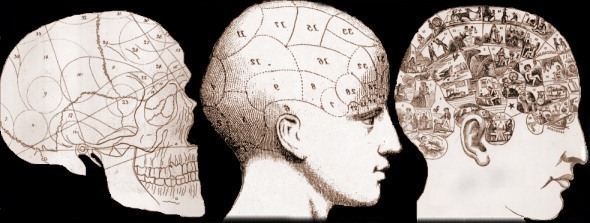
Can you test for culture?
Not only can you test people for cultural fit, assessing someone’s behavior is an essential part of the hiring process. Turnover from a poor cultural fit can directly cost up to 50%-60% of an employee’s annual salary and indirectly balloon up to 90% to 200% of annual salary.
Hiring for a cultural fit is far from a new concept. The testing of personality dates back to the 18th and 19th centuries. The first personality tests came from a pseudo-scientific discipline called Phrenology. Phrenologists would measure parts of the skull under the assumption that each part represented a different part of a person’s personality. Phrenology has been discarded a long time ago and been replaced by a field of study called Psychometrics.
Psychometric testing attempts to measure the aptitude and personality of candidates by getting candidates to answer a series of questions generally under some form of time pressure. The argument for psychometric testing is that it reduces the risk of hiring as it reveals more about a candidate’s character than a standard interview does without the time cost. The trend has taken off in business circles with 62% of companies using some form personality tests to vet candidates in the hiring process.
So, how do these tests perform?
While they hold more credibility than phrenology it appears not by very much. An American psychologist association VIA Institute of Character has come out against the very tests they designed being used in hiring processes. One of the most popular personality tests, the Myers-Briggs type indicator has been shown to have no scientific validity and cannot support the claims its advocates makes.
In a previous blog post, we touch on howhiring for cultural fit can be detrimental to your hiring process in general. We also outlined the importance of having a culture that is open and accepting vs hiring for a homogenous personality type.
How you can go about assessing personality
The best method to establish if someone can work within a team or your organization is to set up a structured behavioral interview. As outlined in our previous blog "Should you test technical positions" the only hiring practice that has a track record of predicting future performance is structured behavioral interviews.Duke University provides a great overview of which questions you can ask in an interview, as well as what to look for in the answers.
Testing for culture contains many pseudoscientific practices that won’t get you any closer to the right candidate and can, in fact, alienate future candidates. Instead, ensuring that you are focusing on people that are inclusive and work well at a times, as well as technically competent, will see you with success in securing the right people and the right team culture.



